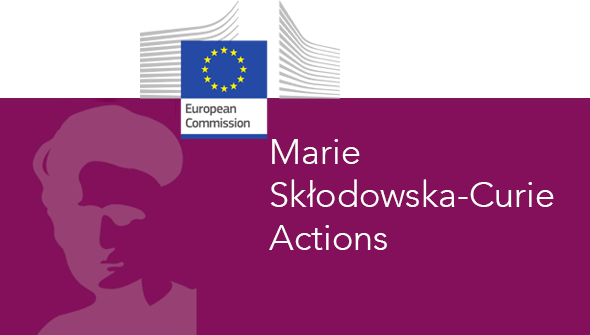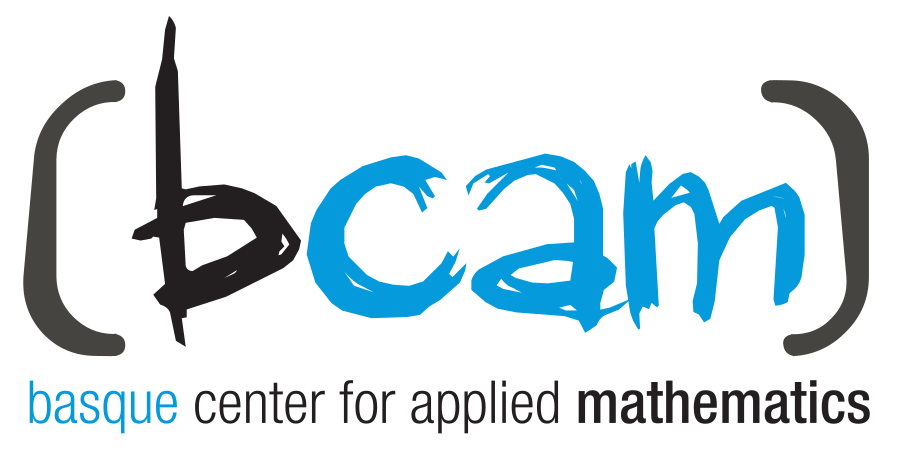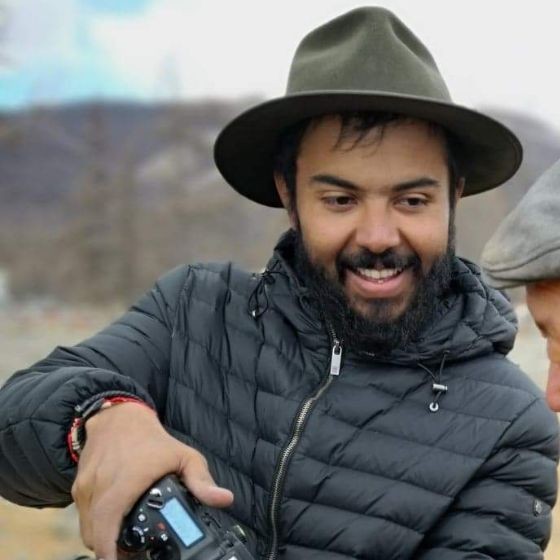
Dr Moreno’s main research focuses on the particle-based multiscale simulation of synthetic and biological soft-matter, such as hierarchical assembly block copolymer and proteins, and the flow of colloidal and cellular systems. The research of Dr Moreno is motivated by the lack of understanding of the thermodynamic and kinetic interplay at different Spatio-temporal scales, in both synthetic and biological systems.
His three main research topics are i) the self-assembly and thermodynamic similarities between biological and synthetic molecules, ii) the multiscale modelling of biological systems (proteins, organelles, viruses, and cells), and iii) consistent coarse-graining methodologies for particle-based models. Dr Moreno’s research is driven by a workflow involving theoretical/computational/experimental interdisciplinary interactions. His goal is to provide reliable computational models to gain insights into hierarchical pathways of assembly and provide experimentalist tools to design better methodologies/materials.
To gain insight into the mucoadhesion phenomena involved in drug delivery processes, he modelled the aggregation of the glycoprotein mucin and their adsorption on polymeric surfaces. Dr Moreno proposed a simple mucin model that was able to capture the aggregation kinetics characteristic of these types of proteins. In the field of synthetic polymers, he studied the self-assembly of block copolymers in selective solvents to understand the effect of polymer conformation on the morphology of membranes at the macroscopic scale. The findings from this research served as a guide to introducing novel polymer/solvent formulations and processing conditions that allowed experimentalists to move from membranes with pores of 60nm to 5nm.
Currently, he is working in the multiscale modelling of thrombotic processes related to SARS-CoV-2. Dr Moreno has also investigated the role of hydrodynamic interactions in the transport of viruses. In this work, the interplay between shape and affinity of the spike proteins decorating enveloped virus was investigated numerically.
Publications
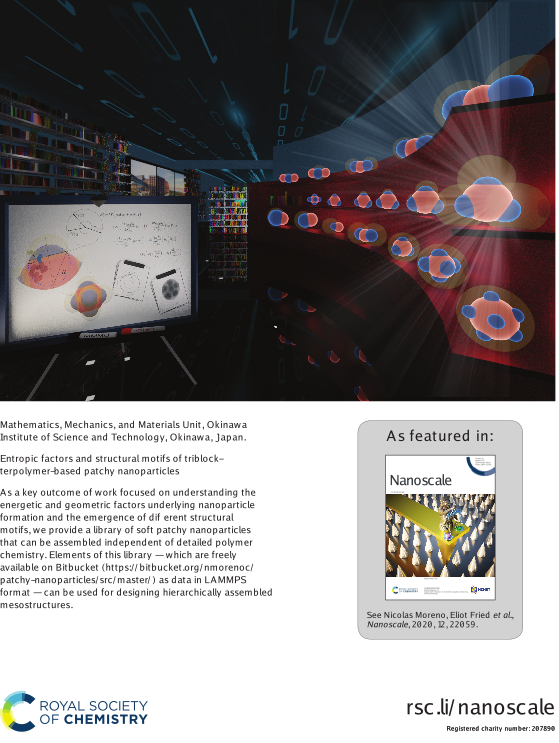
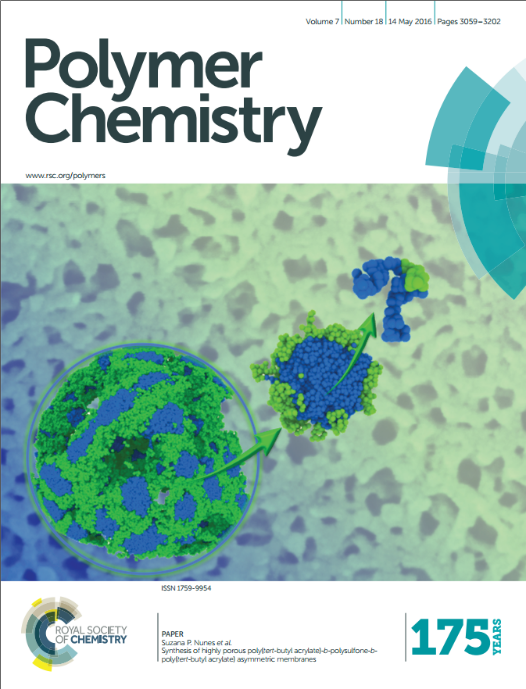
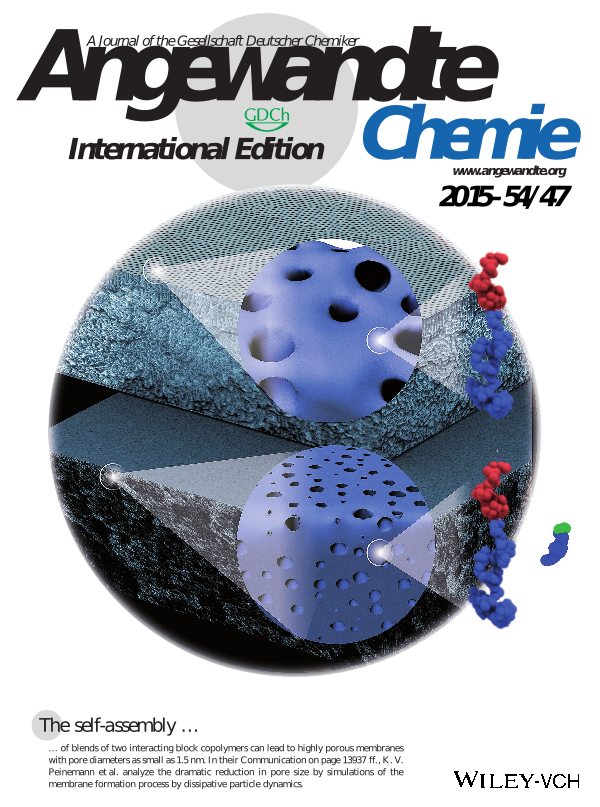
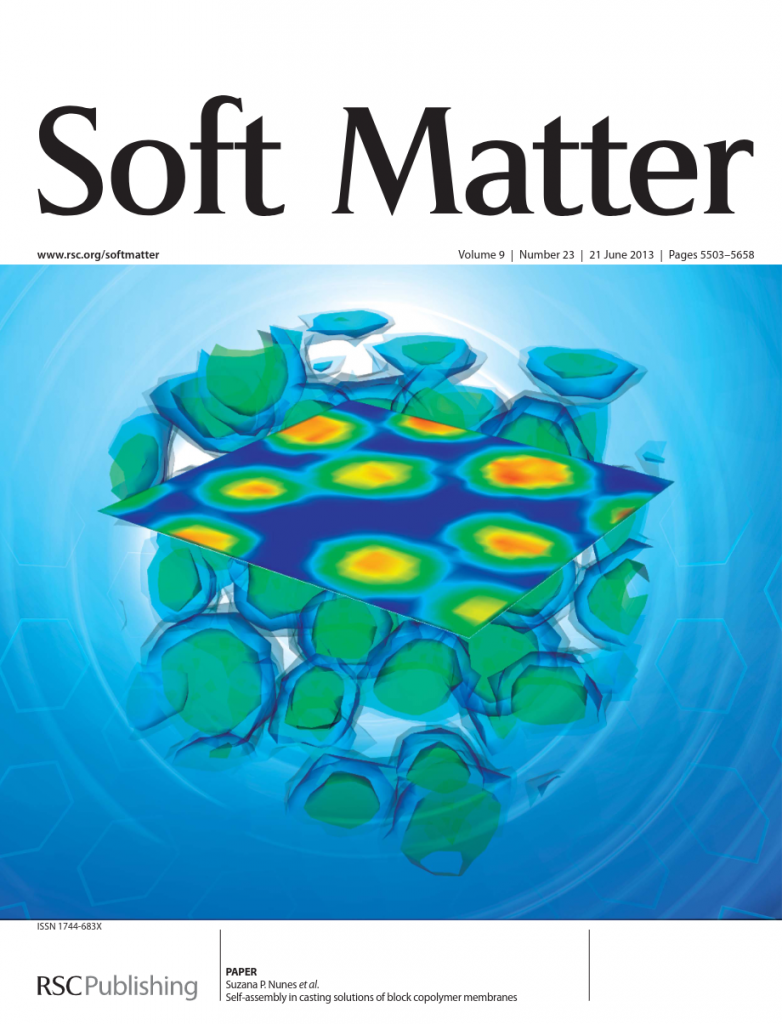
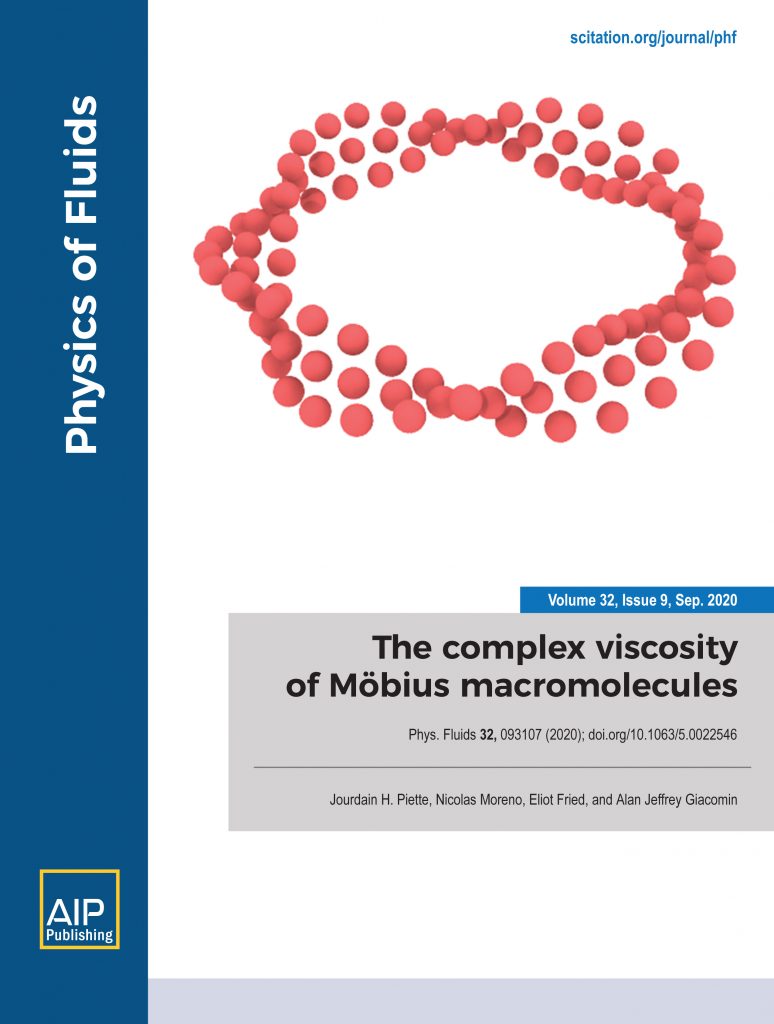
- Daniela Moreno-Chaparro, Florencio Balboa-Usabiaga, Cecilia Zaza, David J Williamson, Harry S Holmes, Irene Carlon-Andres, Sabrina Simoncelli, Sergi Padilla-Parra, Marco Ellero, and Nicolas Moreno*. Mesoscale Modelling Soft Virions. Journal of Chemical Physics 164, 5 (2026)
- Edgar A Patiño-Nariño, Nicolas Moreno, Marco Ellero. Lagrangian Heterogeneous Multiscale Method (LHMM) for Simulating Polymer Solutions/Melts Behavior under Complex Flows using DPD-SPH. Preprint (2026)
- Marina Echeverria Ferrero, Nicolas Moreno*, and Marco Ellero. Mesoscale Simulations of Thrombin Activation and Fibrin Formation in Microvascular and In Vitro Settings. Preprint (2026)
- Marina Echeverria Ferrero, Nicolas Moreno*, and Marco Ellero. Smoothed Dissipative Particle Dynamics for Mesoscale Advection-Diffusion-Reaction Problems. Journal of Chemical Physics. 163, 174105 (2025)
- Daniela Moreno-Chaparro, Florencio Balboa-Usabiaga, Nicolas Moreno, and Marco Ellero. Simulating non-Brownian suspensions with non-homogeneous Navier slip boundary conditions. Computer Physics Communications 320, 109947 (2026)
- Andres Santiago Espinosa-Moreno, Nicolás Moreno*, Marco Ellero. Computational Modelling of Thixotropic Multiphase Fluids. Preprint (2025)
- Nicolas Moreno*, Kirill Korneev, Alexey Semenov, Alper Topuz, Thomas Jhon, Minne Paul Lettinga, Marco Ellero, Christian Wagner, Dmitry A. Fedosov. Aggregation and disaggregation of red blood cells: depletion versus bridging. Biophysical Journal . DOI: 10.1016/j.bpj.2025.03.007 (2025)
- Elnaz Zohravi, Nicolas Moreno*, Karl Hawkins, Daniel Curtis, and Marco Ellero. Mesoscale Modelling of Fibrin Clots: The Interplay between Rheology and Microstructure at the Gel Point. Soft Matter 21, 1141-1151. (2025)
- Nicolas Moreno*, David Vazquez-Cortes, and Eliot Fried. Sedimentation dynamics of triply twisted Mobius bands: Geometry versus topology. Physical Review Research. 6, 033141 (2024).
- Nicolas Moreno*, Suzana Nunes, Victor Calo, Morphological Transitions of Block Copolymer Micelles: Implications for Mesoporous Materials Ordering. Macromol. Theory Simul. 2400046. (2024)
- Nicolas Moreno* and Marco Ellero. Generalized Lagrangian Heterogenous Multiscale Modeling of Complex Fluids. (2023). Journal of Fluid Mechanics. 969, A2. https://doi.org/10.1017/jfm.2023.540
- Elnaz Zohravi, Nicolas Moreno*, and Marco Ellero. Computational Mesoscale Framework for Biological Clustering and Fractal Aggregation. Soft Matter, 19, 7399-7411 (2023)
- Daniela Moreno-Chaparro, Nicolas Moreno*, Florencio Balboa-Usabiaga, and Marco Ellero. Computational Modelling of Passive Transport of Functionalized Nanoparticles. Journal of Chemical Physics. https://doi.org/10.1063/5.0136833. (2022)
- Nicolas Moreno*, Daniela Moreno-Chaparro, Florencio Balboa Usabiaga, and Marco Ellero. Hydrodynamics of spike proteins dictate a transport-affinity competition for SARS-CoV-2 and other enveloped viruses. Scientific Reports, 12, 11080 (2022).
- Nicolas Moreno* and Marco Ellero. Arbitrary Flow Boundary Conditions in Smoothed Dissipative Particle Dynamics: A generalized virtual rheometer. Physics of Fluids. 33, 012006. (2021)
- Nicolas Moreno*, Burhannudin Sutisna, and Eliot Fried. Entropic factors and structural motifs of triblock- terpolymer-based patchy nanoparticles. Nanoscale 12, 22059-22069. (2020)
- Jourdain H. Piette, Nicolas Moreno, Eliot Fried, and Alan Jeffrey Giacomin. The complex viscosity of Mobius macromolecules 2020. Physics of Fluids. 32, 093107 (2020) Cover Featured
- Yihui Xie, Nicolas Moreno, et al. Synthesis of highly porous poly (tert-butyl acrylate)-b-polysulfone-b-poly(tert-butyl acrylate) asymmetric membranes. Polymer Chemistry. 2016. (Cover featured)
- Nicolas Moreno*, Suzana P. Nunes, Klaus-Viktor Peinemann and Victor M. Calo. Shape and Topology Control for Assemblies of Block-Copolymer Blends in Solution. Macromolecules 48 (21), pp 80368044. (2015)
- Haizhou Yu, Xiaoyan Qiu, Nicolas Moreno, Zengwei Ma, Victor M. Calo, Suzana P. Nunes, and KlausViktor Peinemann. Self-Assembled Asymmetric Block Copolymer Membranes: Bridging the Gap from Ultra to Nanofiltration. Angewandte Chemie International Edition 54 (47), 13937-13941.(2015) Highlighted in the Inside Cover.
- Dooli Kim, Nicolas Moreno and Suzana P. Nunes Fabrication of Polyacrylonitrile Hollow Fiber Membranes from Ionic Liquid Solutions. Polymer Chemistry (2015). DOI:10.1039/C5PY01344E.
- Nicolas Moreno*, Suzana P. Nunes and Victor M. Calo. Consistent Model Reduction of Polymer Chains in Solution in Dissipative Particle Dynamics: Model Description. Computer Physics Communications 196, 255-266., (2015)
- Nicolas Moreno, Martin Lisal, Jairo E. Perilla, Coray Colina. Mucin aggregation from a rod-like meso-scale model. Molecular Physics 113, 9-10. (2015)
- Nicolas Moreno*, S.P. Nunes, V.M. Calo. Restrictions in model reduction for polymer chain models in dissipative particle dynamics. Procedia Computer Science 29, 728-739 (2014)
- Nicolas Moreno*, J. Lee, P.A. Vignal, V.M. Calo. Multiscale modelling of blood flow: Coupling finite elements with smoothed dissipative particle dynamics. Procedia Computer Science 18, 2565-2574 (2013)
- Debora Salomon Marques, Ulla Vainio, Nicolas Moreno, Victor M. Calo, Ali Reza Bezahd, Jed W. Pitera, Klaus-Viktor Peinemann and Suzana P. Nunes. Self-assembly in casting solutions of block copolymer membranes. Soft Matter 9, 5557 (2013). Highlighted in the back cover
Dissemination
Transport of complex objects from my previous postdoc at OIST
Mathematic Mechanics Materials Unit from OIST on Vimeo.
